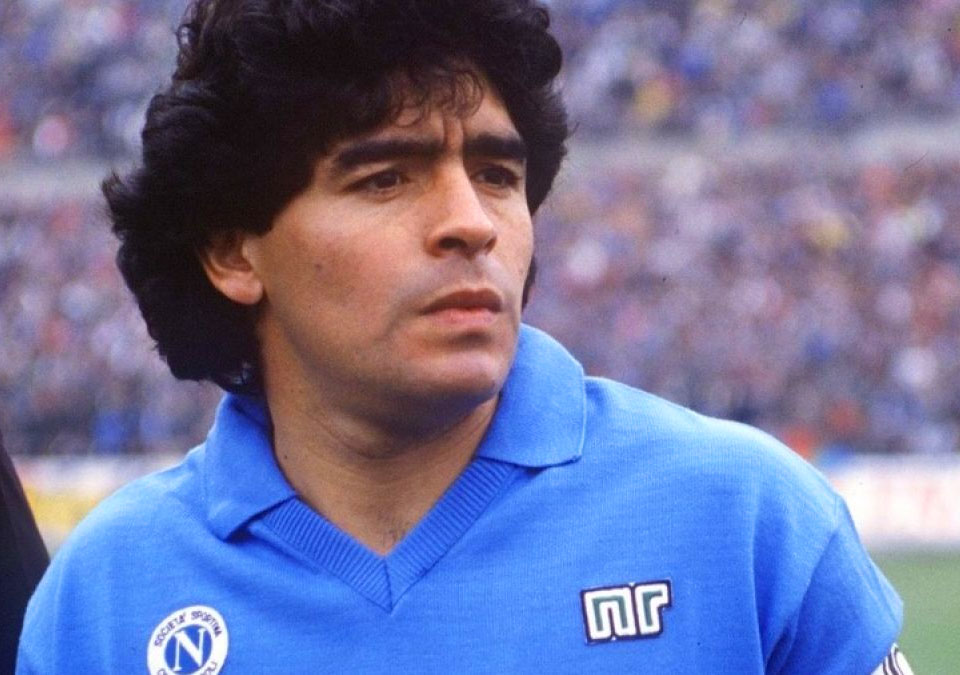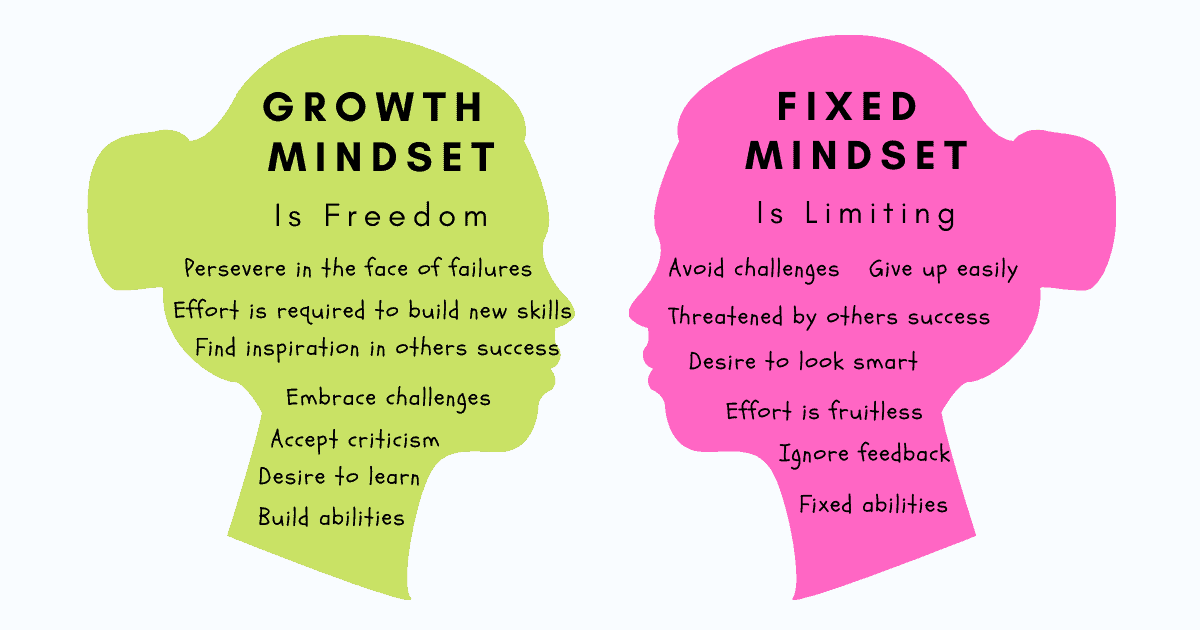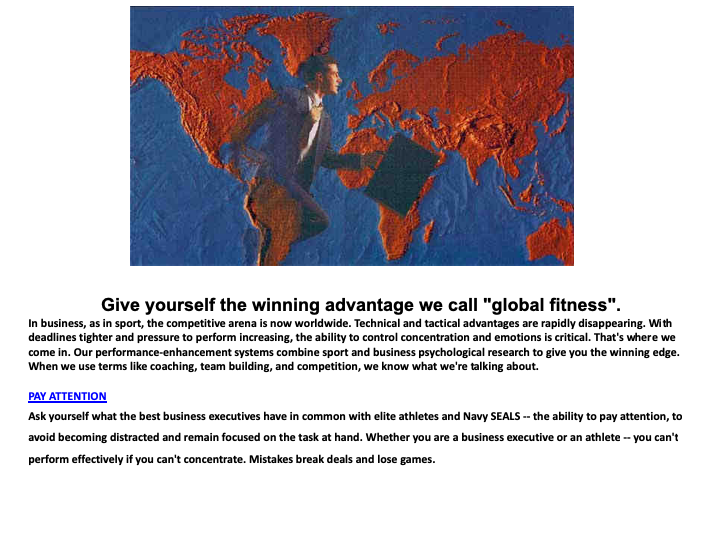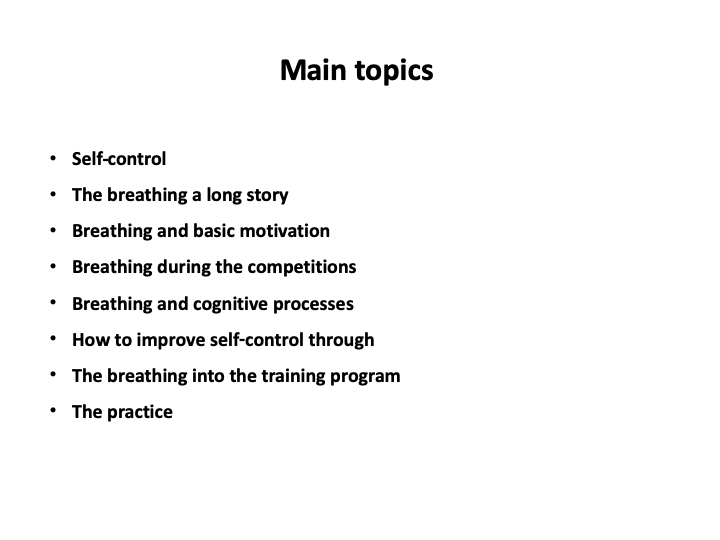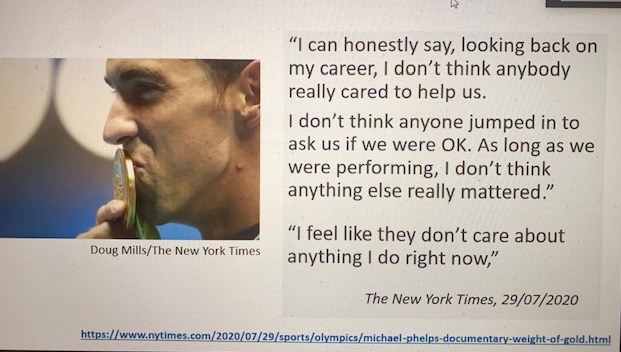Mood is certainly one of the psychological aspects that can block or make a performance flourish. In soccer the issue is more complex, it is not an individual sport where you only have to control only yourself. The negative mood can become a kind of virus that spreads creating insecurity in the game even in professional footballers. Ronaldo’s orphaned Juve seems to lose the way to victory and conviction, Napoli maybe pushed by Maradona’s memory manages to play and win an excellent match against Roma, Inter immediately recovers from the defeat in Champions and beats a team that is playing an excellent championship (Sassuolo), Lazio after a convincing match in Europe also loses in the league.
These ups and downs are attributable to various causes, one of which I am convinced is psychological and concerns the mood management of the team and individual players. Being in a good mood is a contagious emotion that can ward off fatigue and insecurity and improve collaboration and competitiveness.
How good are these teams in the mood with their sudden ups and downs? How much does the coach care about this psychological dimension? Obviously we do not know because in Italy the coaches do not consider the psychologist as part of their staff.
Where for example in the United Kingdom this dimension is considered these are the considerations on this issue.
- Understand what is the positive mood of the team
- Develop a set of strategies to encourage this type of mood
- Appreciate that the coach and the staff are role models showing this kind of emotions
- Balancing demands for optimal performance with the need for effective relationships
- Recruit players with a positive character and stable mood as they are selected for their talent
- Be aware of mood reducing factors
- Act quickly to defeat the negative potential.
